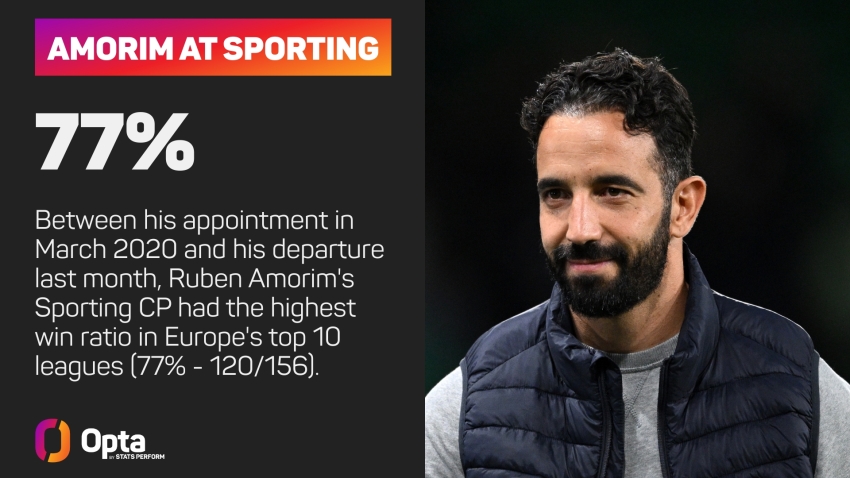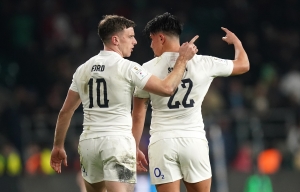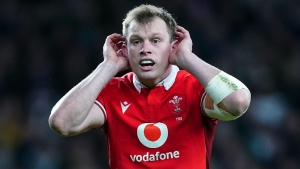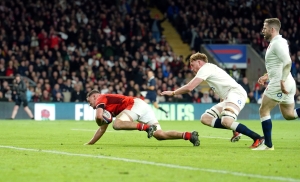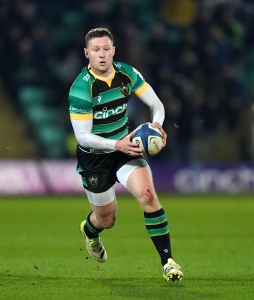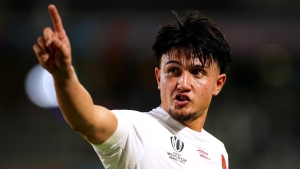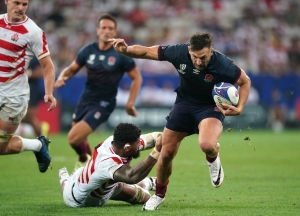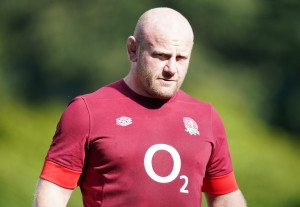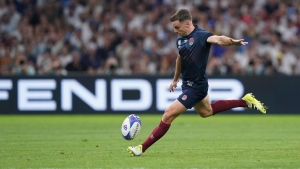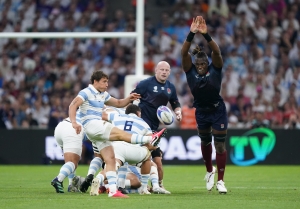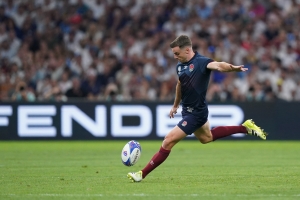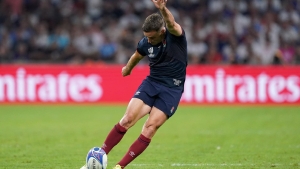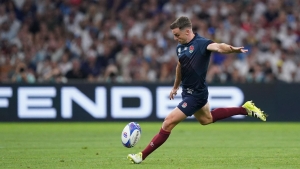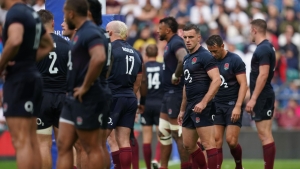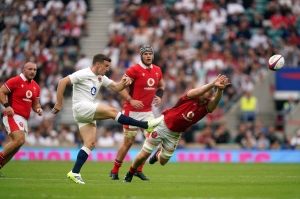England’s ambition of making a fresh start on their return to Twickenham failed to produce the hoped for fireworks but they at least had the resilience to dig out a 16-14 victory over Wales.
For the first time in Guinness Six Nations history, Warren Gatland’s team led at the interval in their great rival’s stronghold after storming 14-5 ahead through a penalty try and Alex Mann touch down.
But the favourites hit back when Fraser Dingwall went over in the left corner before George Ford stepped up to land the decisive penalty in the 72nd minute, rewarding a more polished second half.
Having finished third at last autumn’s World Cup, England saw their first outing at Twickenham since rebuilding their team as an opportunity to reconnect with fans, but this scruffy afternoon was too close for comfort.
Championship history was made when Hollie Davidson became the first female member of an officiating team for a men’s match – and what the hosts would have given for her assured performance on the sideline.
Wales must come to terms with an eighth successive defeat at Twickenham dating back to 2015 and their inability to score a point in the second half, but despite the outcome there was enough on display to encourage Gatland.
From the moment Freddie Steward carved through the visiting defence in the opening seconds, it appeared as though Wales were in for a long afternoon.
Only timely intervention from Rio Dyer thwarted England in the right corner, Elliot Daly raced clear and a crash ball intended for Henry Slade close to the whitewash just failed to find its target as the the assault continued.
Yet for all the early dominance, points proved elusive and then the tide turned when Ollie Chessum was sent to the sin bin for a dangerous tackle before a penalty try was awarded to Wales.
Ethan Roots was singled out by referee James Doleman for bringing down the maul and as a result was shown a yellow card, reducing England to 13 players for five minutes.
Remarkably, the hosts hit back immediately when Ben Earl powered over from the base of a scrum, breaking four tackles before touching down with an outstretched arm.
A dramatic opening quarter ended with George Ford failing to take the conversion when Wales chased down the kick, even though England’s fly-half had yet to start his run up.
Ford was bemused that Doleman found in the visitors’ favour and England then had to steel themselves for a lengthy period of defence, although there was a lack of cutting edge to really trouble them.
Daly and Slade kicked long to relieve the pressure on Steve Borthwick’s men, who were struggling to escape their half, but there was no stopping Wales when their attack clicked into gear on the cusp of half-time.
Josh Adams launched the move but the key moment came when the brilliant Tommy Reffell took an inside ball which he then slipped out of the tackle, allowing Tomos Williams to gather and send Alex Mann over.
England emerged for the second half with greater purpose and Daly almost went over in the left corner, but soon after Ford landed a penalty.
A defensive lapse by Daly waved Wales through and they almost scored, but successive scrum penalties settled the home team, with the second providing the platform to engineer their second try.
Once the forwards had weakened the red wall with carry after carry, the ball was swept left where an unmarked Dingwall was able to cross.
And the tide turned when Mason Grady was sent to the sin bin for a deliberate knock-on and up stepped Ford to kick England ahead for the first time, consigning Wales to defeat.











